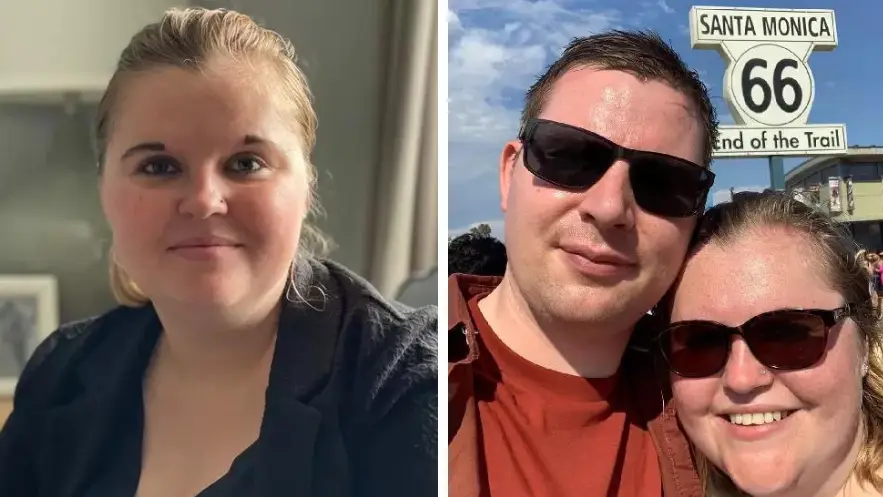
Content warning: Discussion of eating disorders
A woman has spoken out about being left 'devastated' by how she was treated by a fertility clinic.
Rachel Rowlands has endometriosis - a chronic and often debilitating condition that affects at least one in 10 women.
"One of the main complications of endometriosis is difficulty getting pregnant or not being able to get pregnant at all," the NHS states.
Advert
As well as having endometriosis, the 33-year-old from Nelson, Wales, also has chronic pelvic pain condition, and so was referred to a fertility service in the hopes of pursuing IVF treatment.
However, upon going to her appointment, Rowlands - who is a clothes size 16-18 - claims she was simply told to 'lose weight and come back' and not offered any advice or support on how to successfully achieve her goals of getting pregnant.
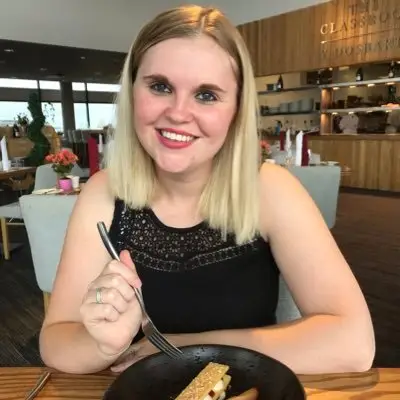
Within the Welsh Government's 'Quality Statement for women and girls' health' it states the need to improve the 'significant disparities in care between men and women'.
"It is of paramount importance for health board services to reflect women’s needs across a wide range of conditions, not just gynaecological conditions - although menstrual disorders, endometriosis and menopause require significant attention," it continues.
Despite its acknowledgement of the need to better support women, and particularly those with endometriosis - which takes an average of eight years to diagnose - Rowlands claims she had 'no offer of any professional support or advice' during her appointment.
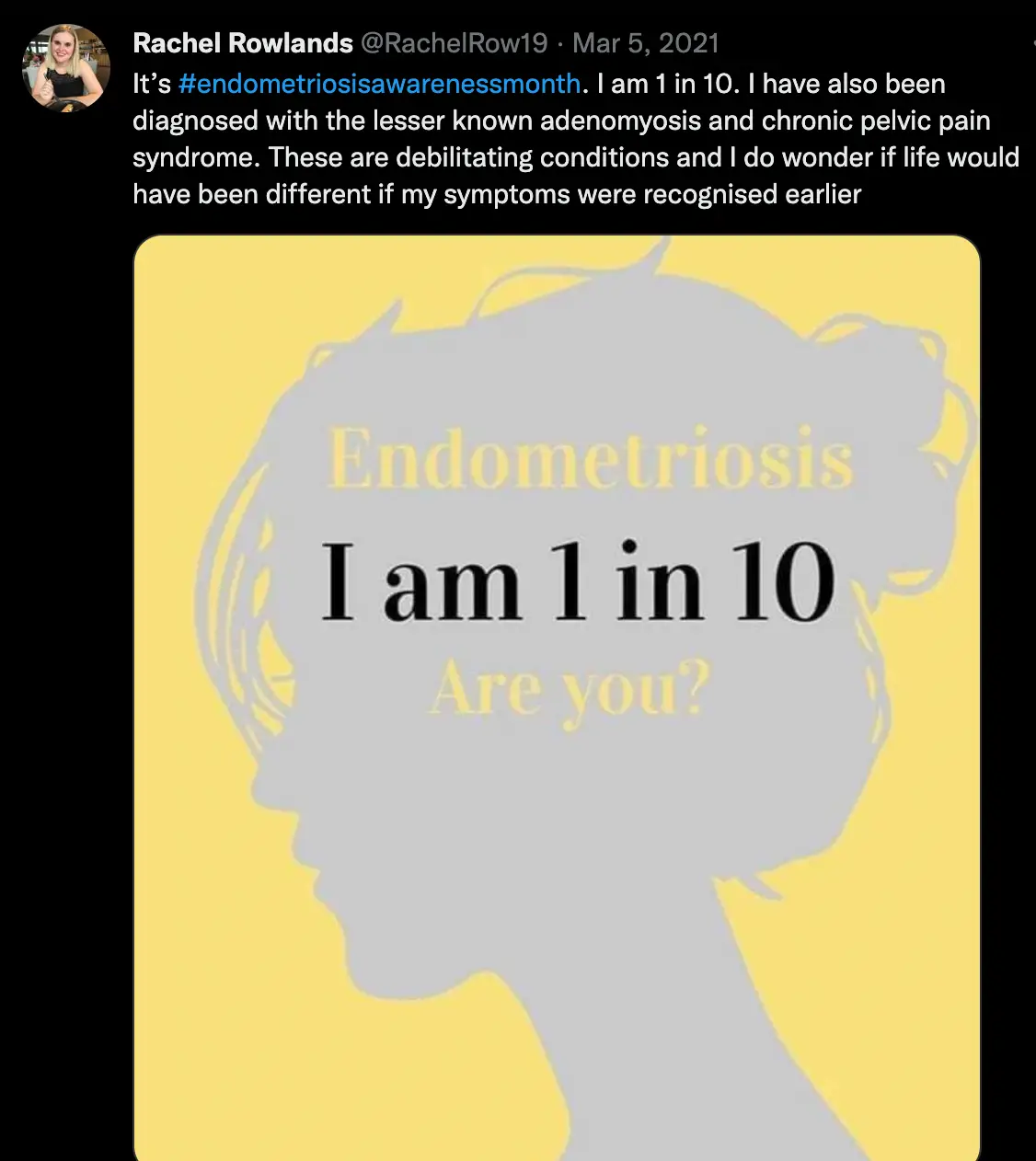
The focus of her appointment also fell predominantly on Rowlands' weight, she claims.
Before she had even sat down, Rowlands told BBC the doctor said: "You need to lose weight, you're overweight, you're quite overweight, and the first thing you need to do is go away and lose weight, and then come back to us."
Rowlands claims she wasn't given any advice or support on how to go about losing the weight and was left 'quite devastated' by the doctors appointment.
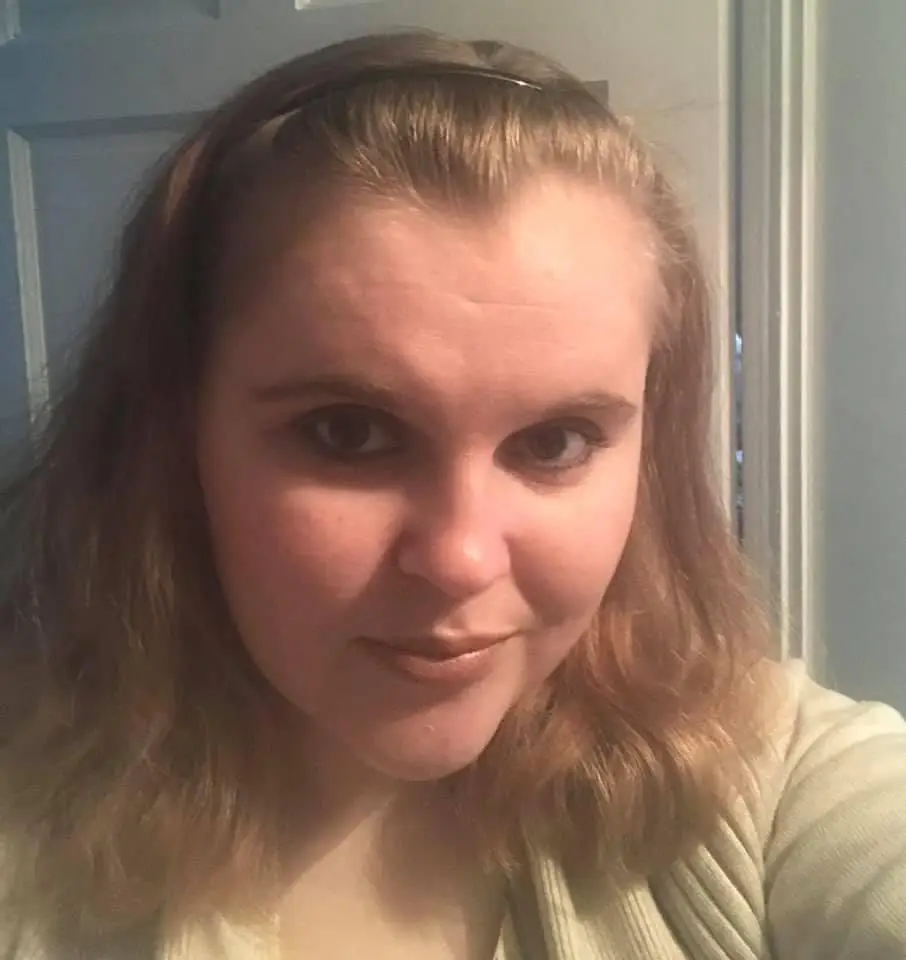
While Rowlands does 'understand how to lose weight,' she would have appreciated professional support and advice as 'weight issues are multifactorial, and it's not just about going away and eating less food, or doing more exercise'.
"There are a lot of things that can impact somebody's weight, and those need to be addressed as well," she continued. "They didn't really explore any of the issues as to why that might be."
It's important to be within a Body Mass Index score of 19-30 before trying to get pregnant, otherwise there can be 'increased health risks' for an expectant parent and their unborn baby.
NICE guidelines state it's the responsibility of health professionals to help prepare women with a BMI over 30 for pregnancy by informing patients 'with information about the health benefits of losing weight before becoming pregnant (for themselves and the baby they may conceive)'.
Health professionals are also listed as being responsible for 'advising, encouraging and helping women with a BMI of 30 or more to reduce weight before becoming pregnant' and 'offer a weight-loss support programme involving diet and physical activity'.
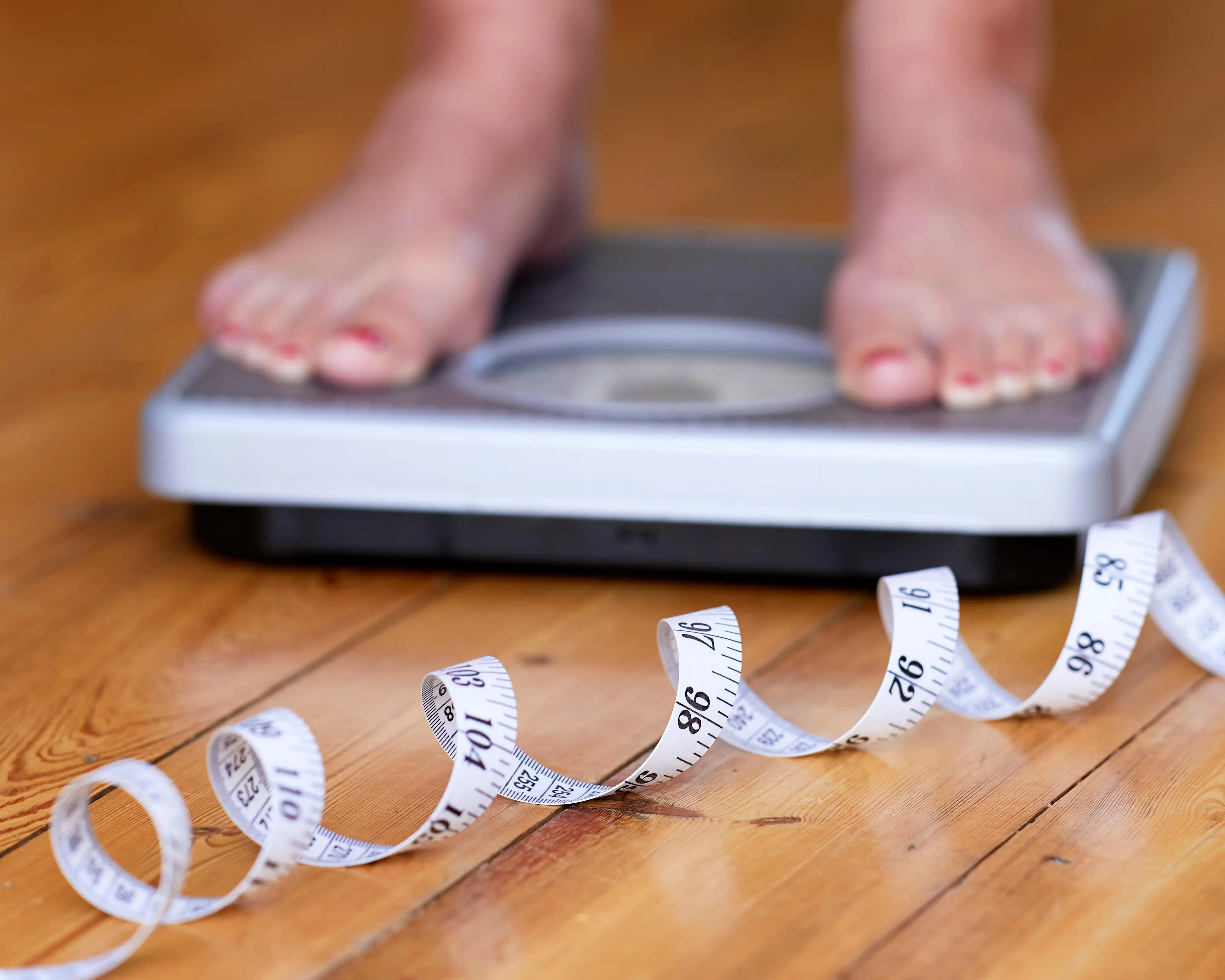
Rowlands has since been diagnosed with an eating disorder and believes the medical professionals she saw should have been more sensitive to how 'they address weight management issues with people who are struggling with fertility, and just approach it in a kinder way'.
The Welsh government stated: "All clinicians should support families with fertility issues, and may refer them into specialist services where appropriate."
In a statement posted to Twitter, the Fair Treatment for the Women of Wales, said: "Desperate women will take desperate measures' when trying to lose weight for #fertility treatment. Some are struggling with conditions that cause weight gain & infertility: more understanding & support is needed."
If you are worried about infertility, you can visit the NHS site for more information here. Or for free, impartial support, call Fertility Network UK on 0121 323 5025 on Mondays, Wednesdays and Fridays, or 07816 086694 on Tuesdays and Thursdays between 10am and 4pm.
If you've been affected by any of the issues in this article and would like to speak with someone in confidence, call the BEAT Eating Disorders helpline on 0808 801 0677. Helplines are open 365 days a year from 9am–8pm during the week, and 4pm–8pm on weekends and bank holidays. Alternatively, you can try the one-to-one webchat
Topics: Parenting, News, Real Life, Sex and Relationships
